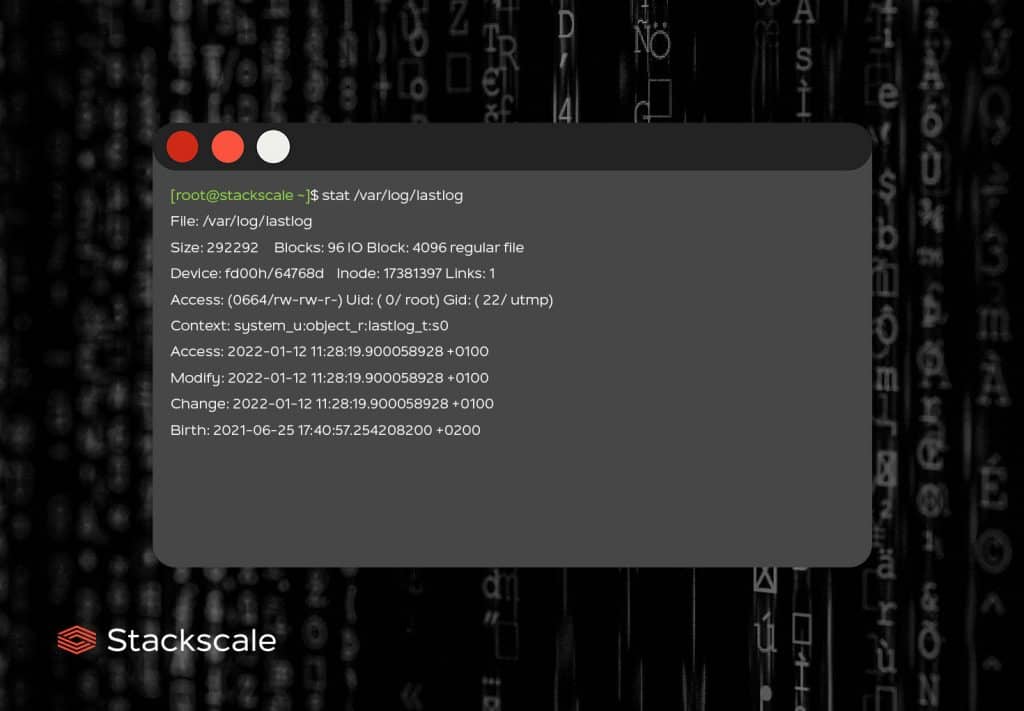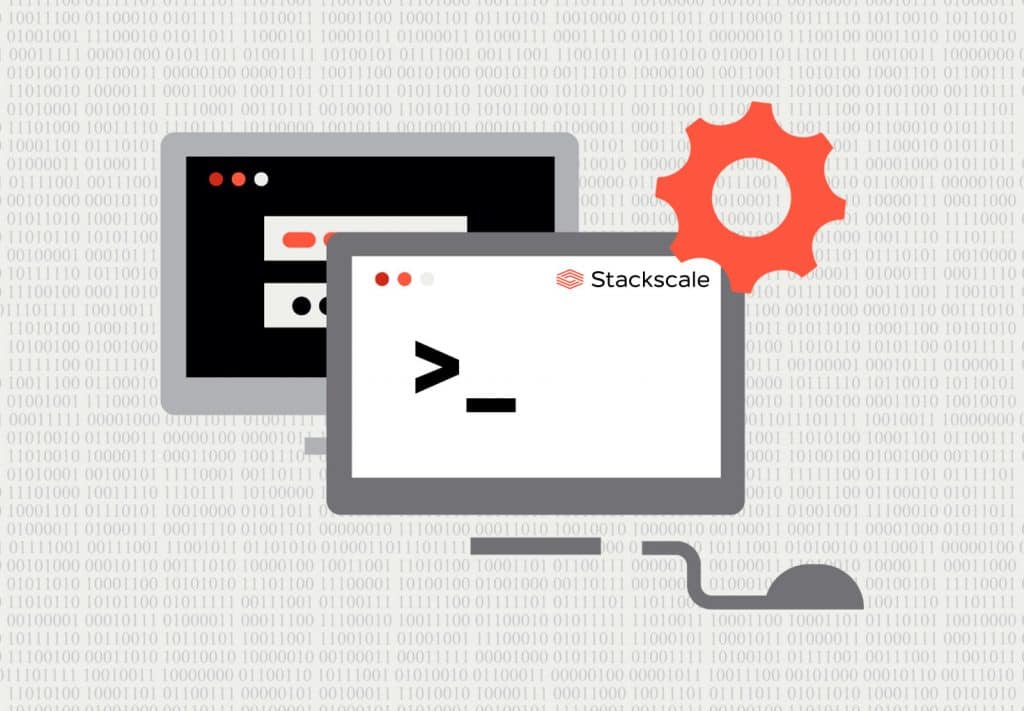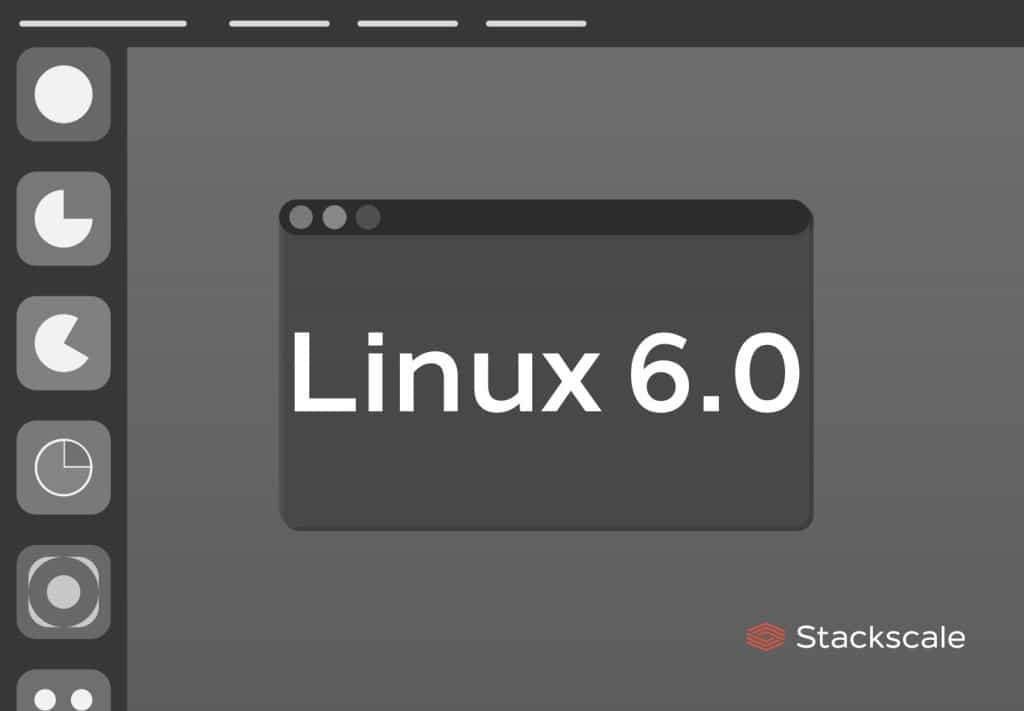
The Linux Kernel surpasses 40 Million lines of code: A historic nilestone in Open-Source software
The Linux kernel, the backbone of countless open-source operating systems, has achieved an impressive milestone: surpassing 40 million lines of code. This achievement, reached with version 6.14 rc1, reflects Linux’s steady growth and the strength of its collaborative development model, which unites thousands of developers worldwide. Since its creation in 1991 by Linus Torvalds as









